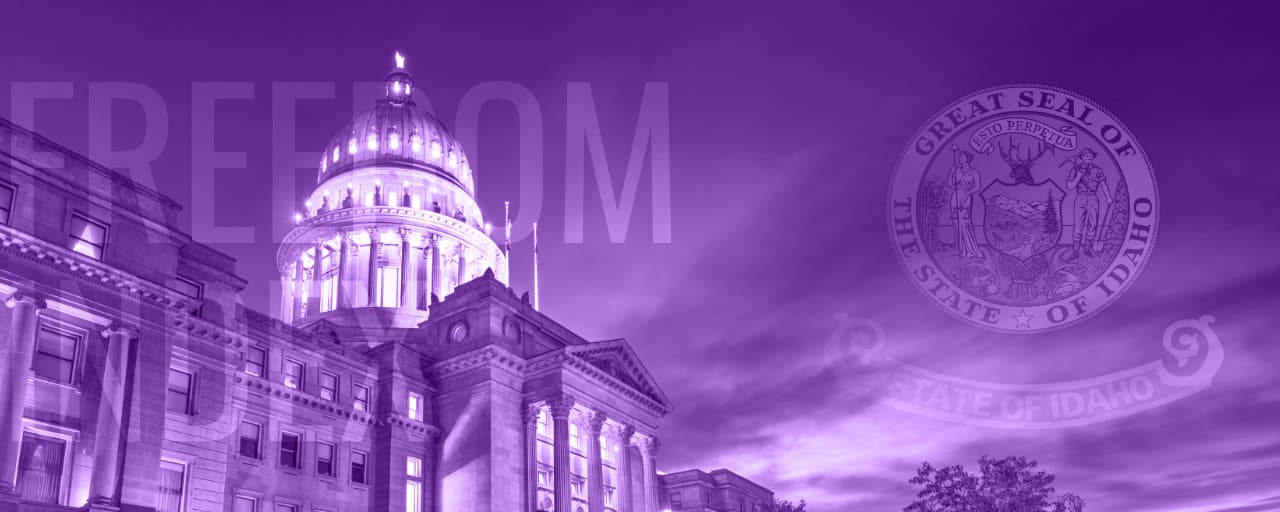


The Idaho Spending Index serves to provide a fiscally conservative perspective on state budgeting while providing an unbiased measurement of how Idaho lawmakers apply these values to their voting behavior on appropriations bills. Each bill is analyzed within the context of the metrics below. They receive one (+1) point for each metric that is satisfied by freedom-focused policymaking and lose one (-1) point for each instance in which the inverse is true. The sum of these points composes the score for the bill.
Analyst: Niklas Kleinworth
Rating: 0
Bill Description: Senate Bill 1137 provides for a supplemental appropriation of $2,930,700 to the Department of Administration for fiscal year 2023.
Does this budget contain hidden fund transfers or supplemental expenditures that work to enact new policy or are not valid emergency expenditures? Conversely, are fund transfers only made to stabilization funds or are supplemental requests only made in the interest of resolving valid fiscal emergencies?
Senate Bill 1137 would provide a supplemental appropriation to the Department of Administration for the purpose of hiring a new Employee Benefits Specialist at a cost of $30,700. It would also reimburse the Idaho Intergovernmental Insurance Authority (III-A) $2,900,000 for COVID costs.
This supplemental only appropriates funding for an existing vacant FTP within the agency to move the new position to a higher pay bracket. This position is being added in response to the increased workload brought on by adding public school districts’ staff to the PERSI benefits system after the passage of House Bill 652 in 2022.
The reimbursement to the III-A was originally recommended by the governor as a $2 million expenditure. JFAC opted to add another $900,000 to the reimbursement. The III-A would provide state insurance to public safety personnel as a self-funded trust. These supplemental funds would be used to offset the medical costs associated with public safety personnel who contracted COVID while on the job. The reimbursement funds would come from the ARPA State Fiscal Recovery Fund.
(0)


